United States President Joe Biden’s executive order on digital assets has kickstarted an interagency mission to support financial innovation while protecting American consumers and interests. While many industry leaders welcome the constructive tone, some critics hope for a crackdown. We don’t blame them.
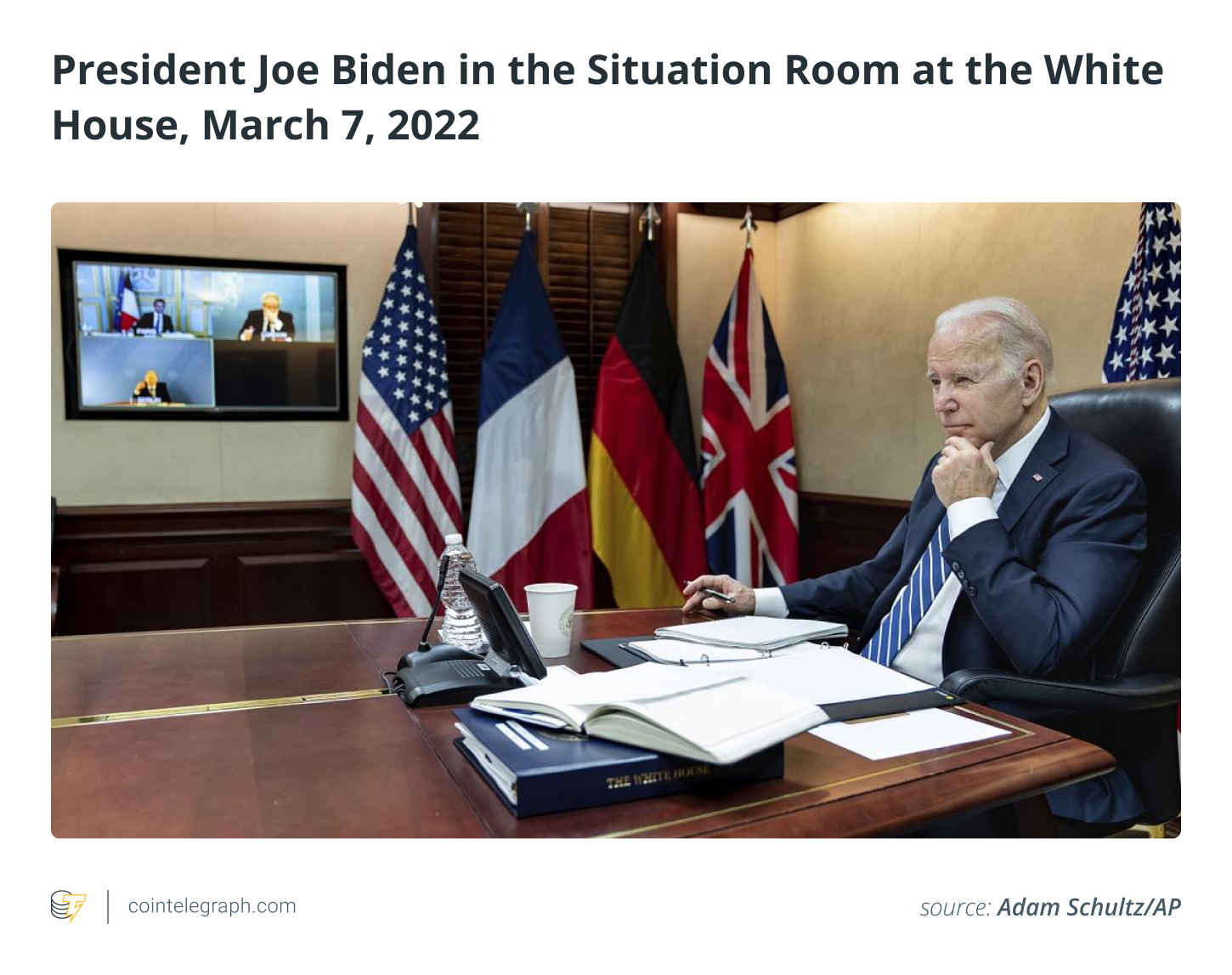
Many cryptocurrency projects operate behind thin veils of decentralization. In public, they’re sold on the premise that they distribute power. Behind the curtains, leaders pull the strings. In the recent case of Wonderland, a serial scammer and felon directed a $1 billion treasury.
Many projects secretly pay influencers to shill their tokens. The price pumps. Insiders dump. Naive investors lose money. Sometimes, the shillers are celebrities. And, sometimes, those celebrities leak the surprisingly low cost of their integrity.
Related: Year of sponsorships: Celebrities who embraced crypto in 2021
Hundreds of projects suffer technical vulnerabilities. Seemingly every week, hackers exploit hidden software bugs. The third-largest ever occurred in early February, with $326 million — gone. And then in late March, another $600 million — poof.
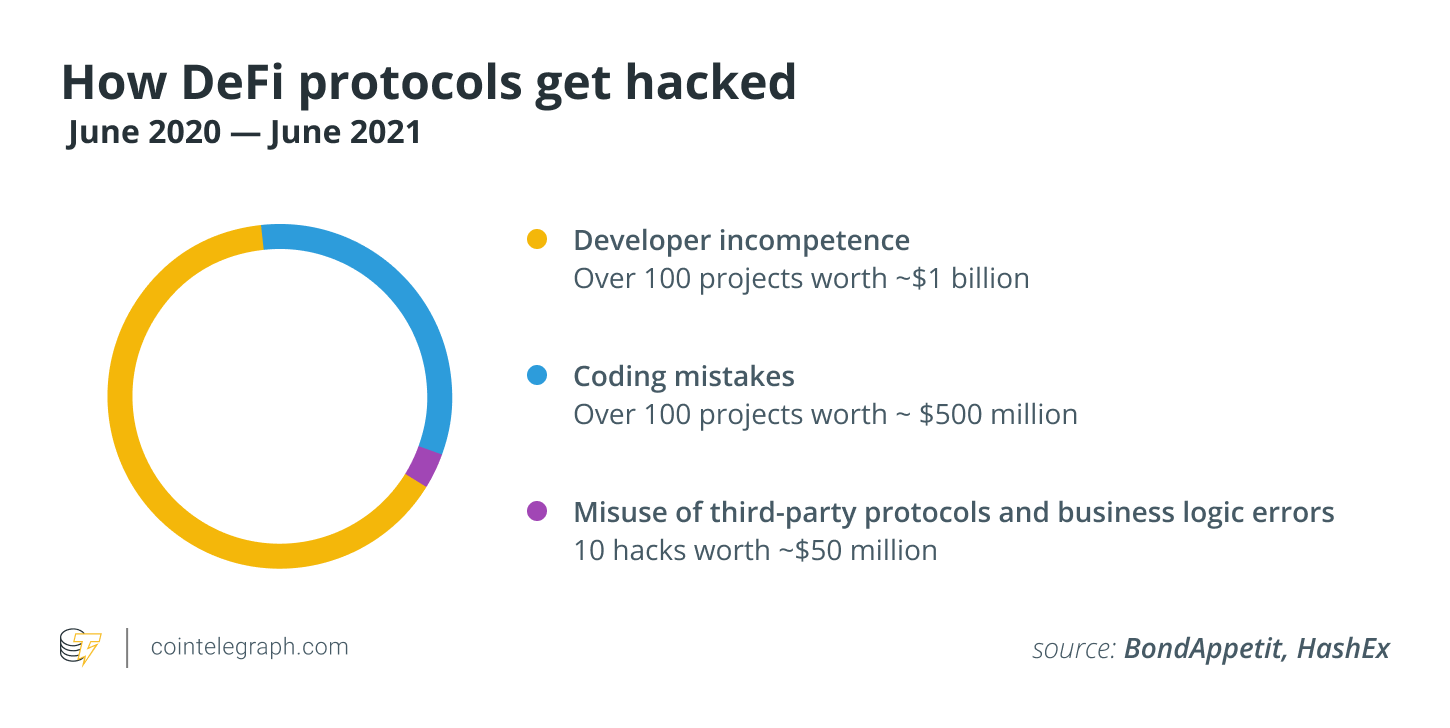
Many cryptocurrencies are blatant scams — some, proudly pyramid-shaped. Market participants treat these as facts of life, with oft-used terms for exit scams (“rug pulls”) and pyramid-shaped projects (“Ponzis”).
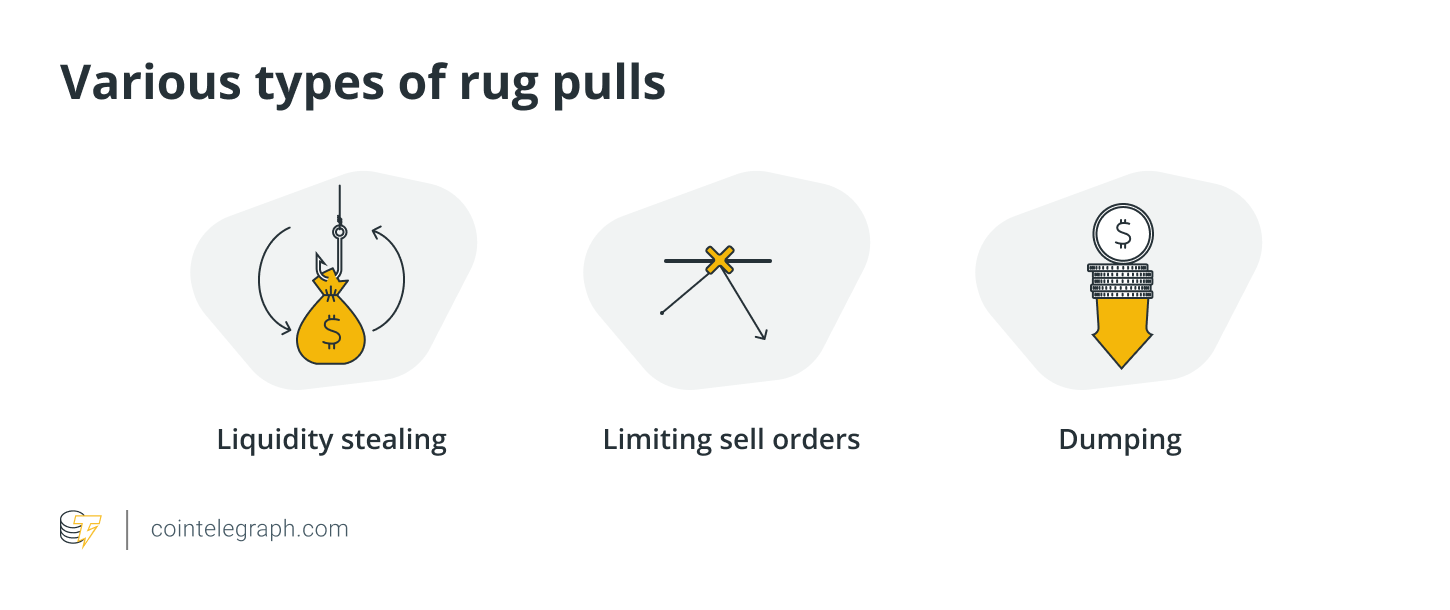
To most, cryptocurrencies look the same, like tomatoes pasted in Aisle 9 — only tasteless, useless, and more numerous. The cynical see the menu of cryptocurrencies as a proxy most-wanted list. Neither group is entirely wrong.
Yet one item on the menu stands apart. It is arguably one of the more important technological advances since the internet, itself. Buy it or not, we don’t care. But we three professors do care to bring one simple message: Bitcoin (BTC) is special. It deserves study and discussion.
Let’s talk about Bitcoin
Bitcoin is genuinely decentralized. Tens of thousands run nodes all around the world. Operating a node is easy; you could do so within the hour with an internet-connected computer and a few hundred gigabytes of storage. In 2017, these nodes vetoed a controversial change to Bitcoin that would have upped the network’s centralization by making it harder for ordinary people to run a node. In doing so, they trumped a majority of Bitcoin miners, exchanges and other powerful legacy players.
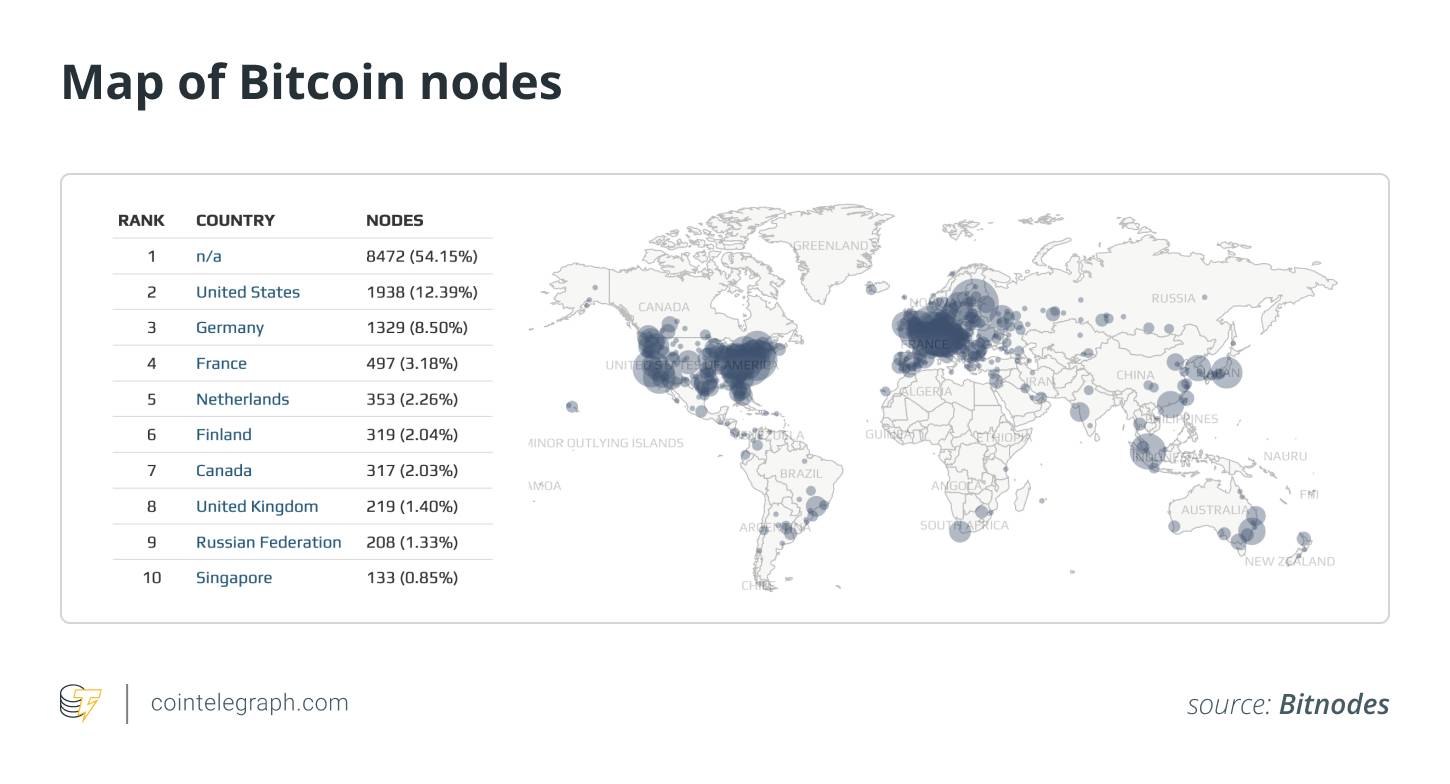
Bitcoin’s decentralization makes it fair. No foundation enjoys a trademark or governs its monetary policy. This contrasts not only with more centralized cryptocurrencies but with the Federal Reserve, itself. In the past year, three Federal Reserve officials have resigned after a series of, let’s say, well-timed trades. Bitcoin has never had any officials resign in disgrace — it has no such officials. The network automates these jobs away.
Bitcoin’s decentralization also makes it secure. Most money is digital and sits under the thumb of third parties like banks and payment processors. But innocent Russian and Canadian citizens remind us that third parties can freeze and seize those balances, especially when subject to state pressure. Reliance on third parties jeopardizes funds. Bitcoin participants can hold their own private keys and thereby save and send value without third parties. Bitcoin is in a different league than other cryptocurrencies. In the digital age, Bitcoin’s unparalleled level of decentralization makes it the safe haven from state and corporate overreach.
Related: The meaningful shift from Bitcoin maximalism to Bitcoin realism
And unlike most other cryptocurrencies, Bitcoin never had a private token sale to venture capitalists or an initial coin offering to enrich insiders. Bitcoin is the most widely distributed digital asset. In an important sense, it has no insiders — only early adopters.
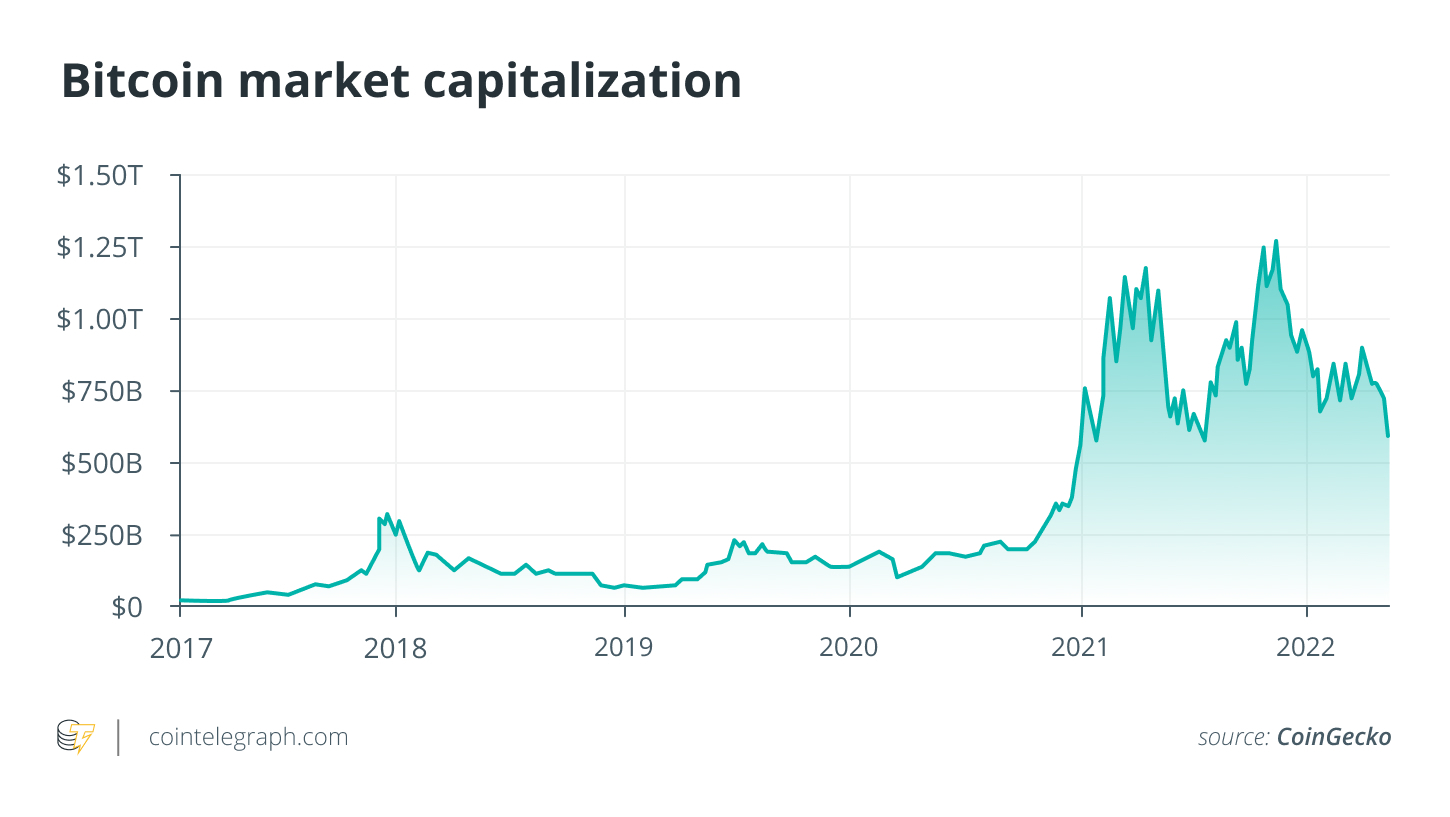
The main early adopter, Satoshi Nakamoto, mined about a million Bitcoin (5% of the maximum supply). Satoshi’s holdings are fully visible, and Satoshi never spent a single dime. With most other cryptocurrencies, the rich get richer, sometimes in hidden ways, and have more say over the network. Not so with Bitcoin.
Whereas some projects move fast and break things, Bitcoin moves slowly but surely. Bugs are rare. Granted, this conservative approach has tradeoffs. Upgrades are as rare as bugs. And Bitcoin lacks the flexibility of other platforms. But in exchange, countries and corporations feel secure with Bitcoin on their balance sheets.
You may have heard of hacks and stolen Bitcoin. These cases don’t involve weaknesses in Bitcoin, itself. They illustrate instead the pitfalls of insecure key storage or relying on third-party custodians.
Related: Satoshi may have needed an alias, but can we say the same?
Finally, Bitcoin is no scam. It can certainly be used for scams — much like the U.S. dollar, or other digital assets. But the Bitcoin network offers final settlement of its native asset, much like the Federal Reserve System offers final settlement of the U.S. dollar. People do speculate wildly on the Bitcoin price. Such is the way for early stages of innovation. And people worldwide need it even as privileged Westerners speculate.
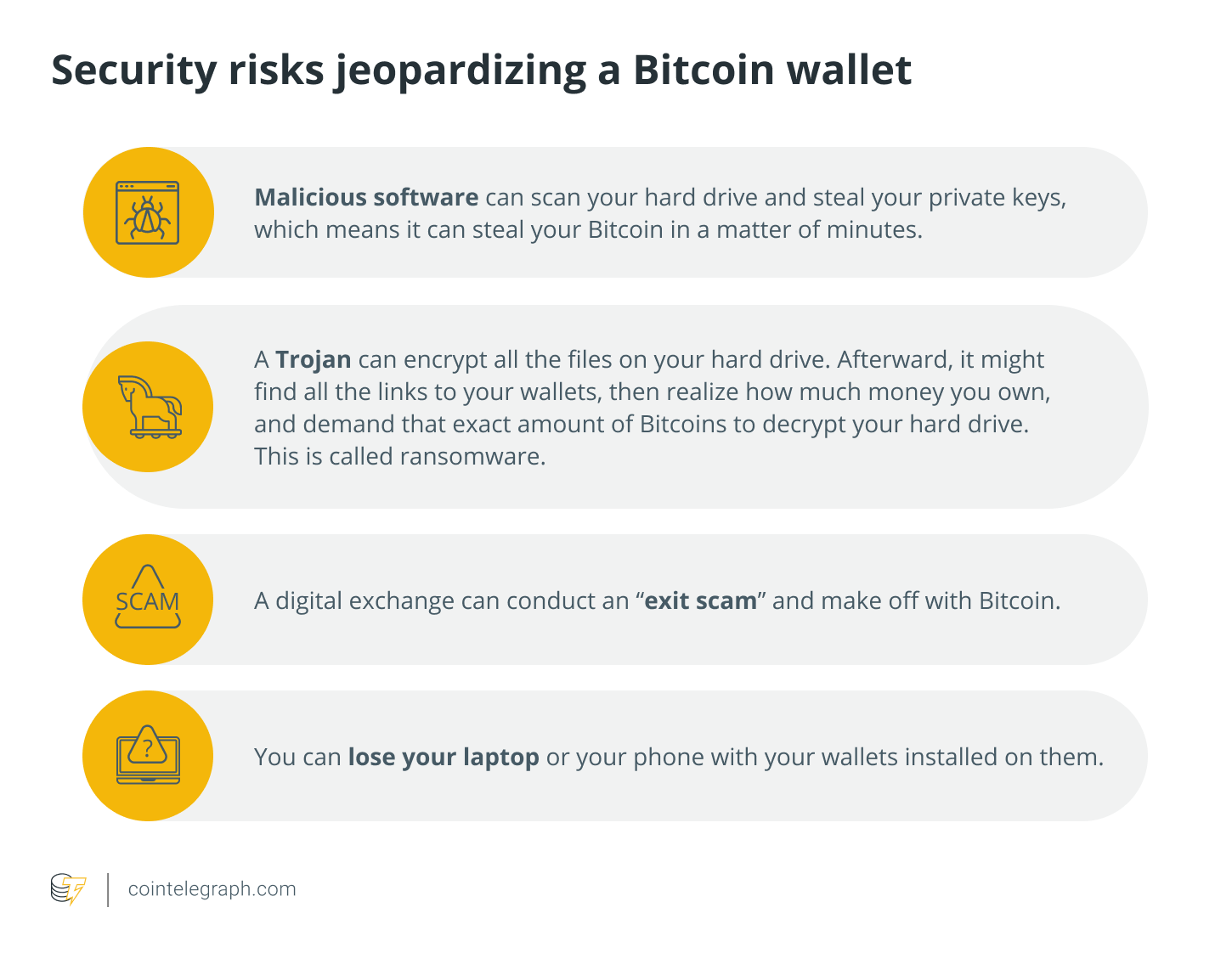
Bitcoin’s design involves tradeoffs, to be sure. Its public ledger makes privacy difficult, though not impossible. It requires energy for its security. And its fixed supply engenders price volatility. But for all that, Bitcoin has become something remarkable: a neutral monetary system beyond the control of autocrats. Ideologues will balk as they seek that perfect — but perfectly elusive — monetary system. Wise and pragmatic policymakers, by contrast, will instead seek to use Bitcoin to improve the world.
Here’s what that means for public policy
First, we must not assume that cryptocurrencies share more in common than they, in fact, do. Bitcoin leads them all precisely because no one leads it. The policy must begin here from a place of understanding — not of cryptocurrency, in general, but of Bitcoin, in particular. As President Biden’s executive order conveys, digital assets are here to stay. The general category isn’t going anywhere precisely because Bitcoin, itself, isn’t going anywhere. We owe it special attention. Not Bitcoin only, but Bitcoin first.
Second, Bitcoin is credibly neutral since the network remains leaderless. Consequently, the U.S. can use and support Bitcoin without “picking winners and losers.” Bitcoin has, in fact, already won as a globally neutral monetary network. Nurturing the Bitcoin network, using Bitcoin as a reserve asset, or making payments over Bitcoin would be analogous to deploying gold within the monetary system — only digital, more portable, more divisible, and easier to audit and verify.
We commend President Biden for recognizing that digital assets deserve attention. We’ll need all hands on deck — from computer scientists, economists, philosophers, lawyers, political scientists, and more — to spur innovation and nurture what’s already here.
This article was co-authored by Andrew M. Bailey, Bradley Rettler and Craig Warmke.
This article does not contain investment advice or recommendations. Every investment and trading move involves risk, and readers should conduct their own research when making a decision.
The views, thoughts and opinions expressed here are the authors’ alone and do not necessarily reflect or represent the views and opinions of Cointelegraph.
Andrew M. Bailey, Bradley Rettler and Craig Warmke are fellows with the Bitcoin Policy Institute and the Resistance Money Bitcoin research collective and teach, respectively, at Yale-NUS College, the University of Wyoming and Northern Illinois University. Warmke is also a writer for Atomic.Finance.
The digital asset Bitcoin stands out from the rest of the cryptocurrency market. Bitcoin’s irrevocable decentralization, borderless nature, and privacy make it unlike any other existing digital asset. This has major implications for public policy in the United States.
As the first decentralized cryptocurrency, Bitcoin operates on a blockchain, allowing for an open system of peer-to-peer transactions that does not rely on centralized financial institutions. This makes transactions faster, cheaper, and more secure than traditional financial services, which rely on the use of third-party services in order to process payments. Bitcoin also allows users to bypass government censorship, as it is not subject to the laws and regulations of centralized authorities.
The borderless nature of Bitcoin also presents public policy considerations. It is not subject to any geographic restrictions or borders, making it a particularly attractive asset for users who may have difficulty accessing traditional financial services. Additionally, Bitcoin offers users a degree of privacy that is unparalleled in the world of finance, as all transactions occur on a public ledger but the identities of parties involved remain anonymous.
Bitcoin’s unique characteristics also means that US public policy has to be crafted with great care. Though it can provide immense opportunities for individuals and businesses, there are also potential risks, such as money laundering, terrorist financing, and other criminal activities. As such, the issue of regulation and enforcement policies for cryptocurrencies is now more pressing than ever.
Ultimately, Bitcoin stands apart from other cryptocurrencies, and its unique characteristics present both opportunities and challenges for US public policy. As the world of digital assets continues to evolve, US lawmakers must be prepared to adapt their policies in order to address the growing demand for cryptocurrency services.























